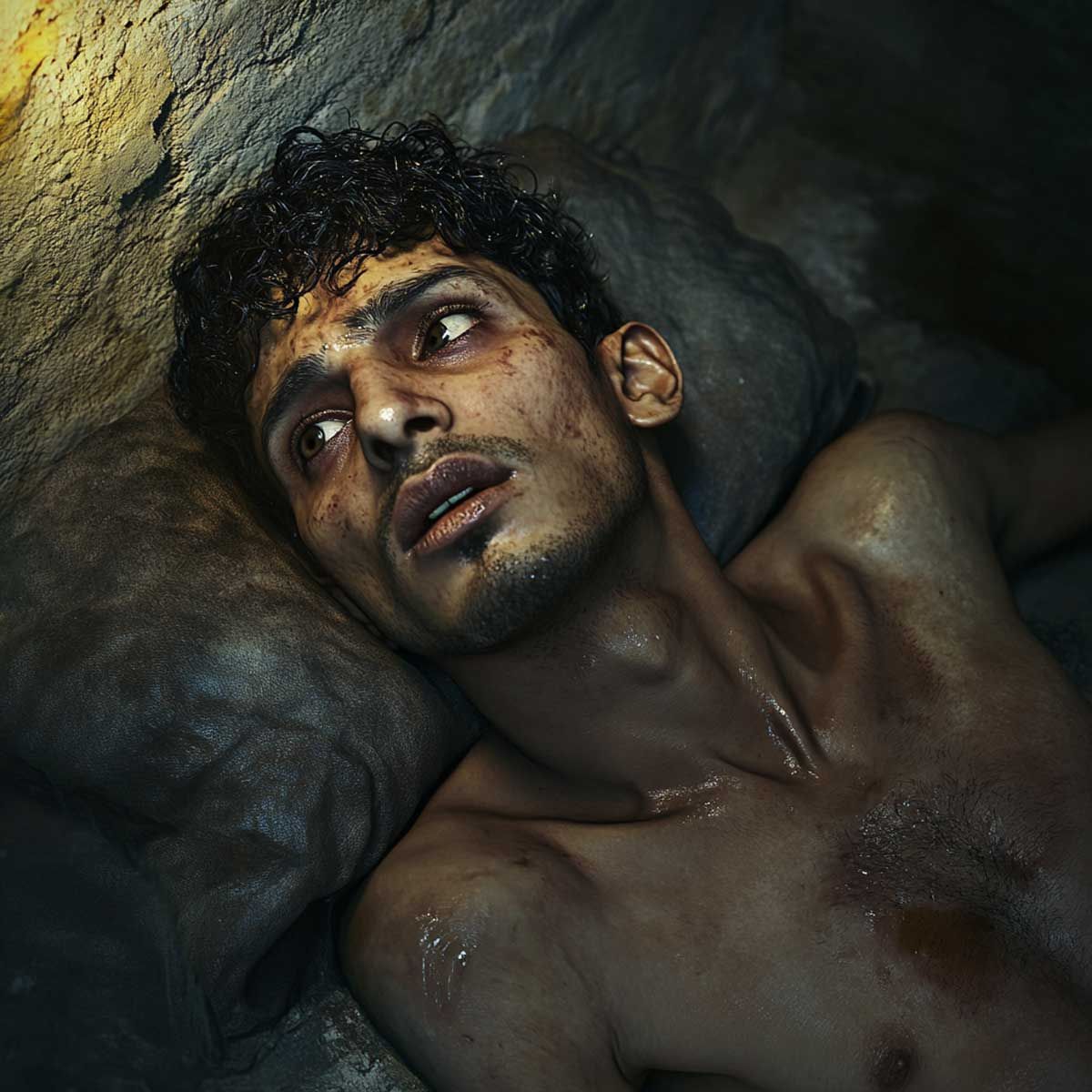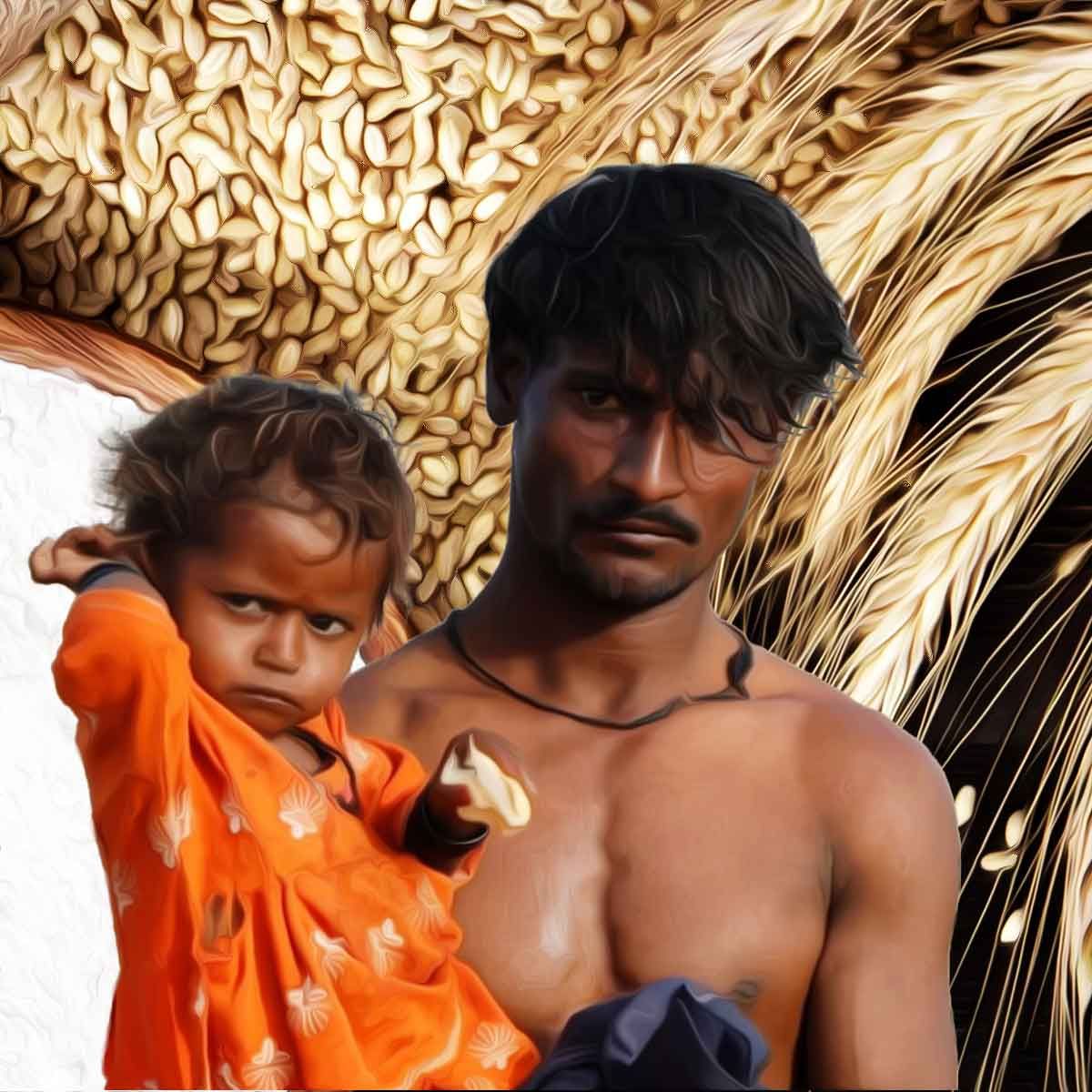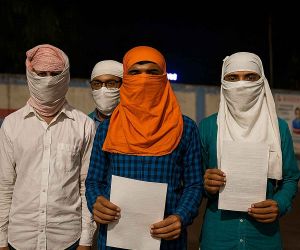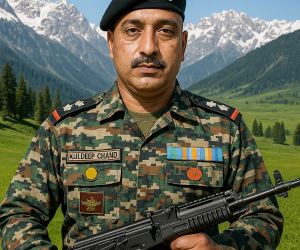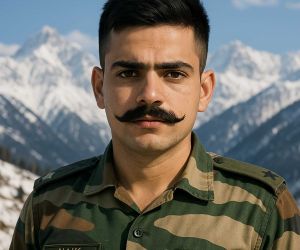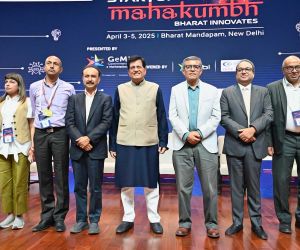MORE COVERAGE
Twitter Coverage
Satyaagrah
Written on
Satyaagrah
Written on
Satyaagrah
Written on
Satyaagrah
Written on
Satyaagrah
Written on
JOIN SATYAAGRAH SOCIAL MEDIA
Reporters Without Borders annual ‘Press Freedom’ report blatantly unapologetic about its biased indices: Showed India at a lower rank with tweaked ranking logic, uncouth referral, and unacademic judgment
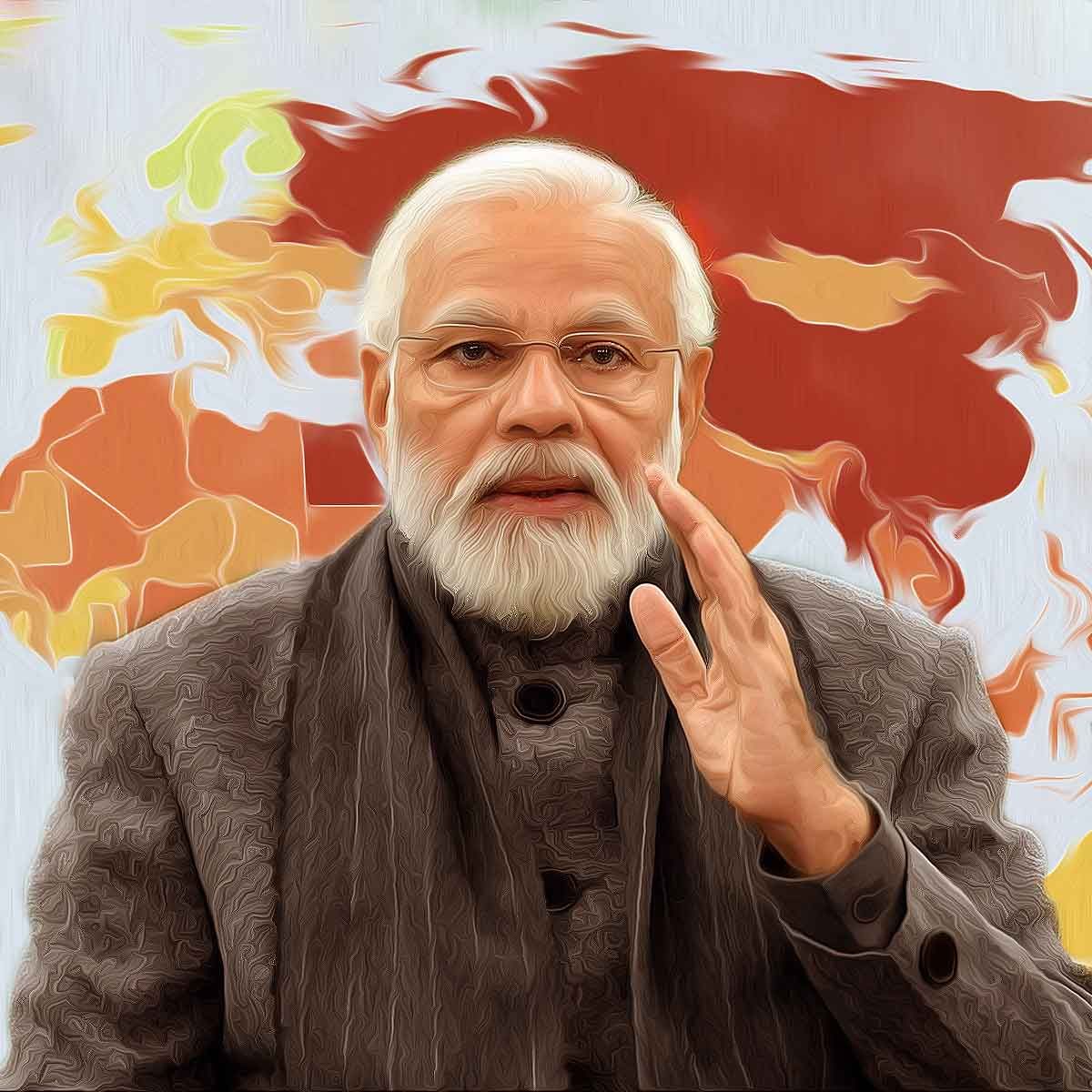
Recently, Reporters without Borders (RSF) published its annual ‘Press Freedom’ rankings for the year 2021-2022, in which India has been ranked 150th out of 180 countries ranked in the index.
As we scroll through the website of the organization, RSF has appeared to be blatantly unapologetic about its biased indices, tweaked ranking logic and uncouth referral, and unacademic judgement of some of the concerned countries in its list. India’s exceptionally lower rank in the list is amply clear when its justification is openly given by saying “The old Indian model of a pluralist press is being seriously challenged by a combination of harassment and influence,” on the website.
Having said this, if India’s rank is seen in the context of other countries, it may be noted that some of the most oppressive, authoritative regimes have found a place way ahead of India. RSF, this year, gained the audacity to put countries known for purging press freedom and killing journalists and reporters such as UAE, Hong Kong, and Mexico way above India in its latest Press Freedom Index. While the organization has acknowledged abuses faced by journalists in the following countries, their rankings have been considerably higher than in India.
Hong Kong – Rank 76
Administered as a special region under the sovereign state of the Republic of China, last year, Hong Kong was in the news for numerous police raids, and the seizure of assets of independent journalists – especially during the Covid-19 reportage. 2021 marked the subsequent closure of two major independent news organizations, namely – Apple Daily and Stand News. As of now, Thirteen journalists are in prison in the city-state, as claimed by RSF in its report.
RSF report mentions, “Since the 1997 handover to China, most media have fallen under the control of the government or pro-China groups.” The report also acknowledged that The Hong Kong government takes orders directly from Beijing on its reportage with full support to China’s attempts of imposing censorship and spreading propaganda through news channels. While the RSF claims to judge Press Freedom in countries based on liberty to report on contentious issues, detention of journalists, etc its rankings do not reflect the same.
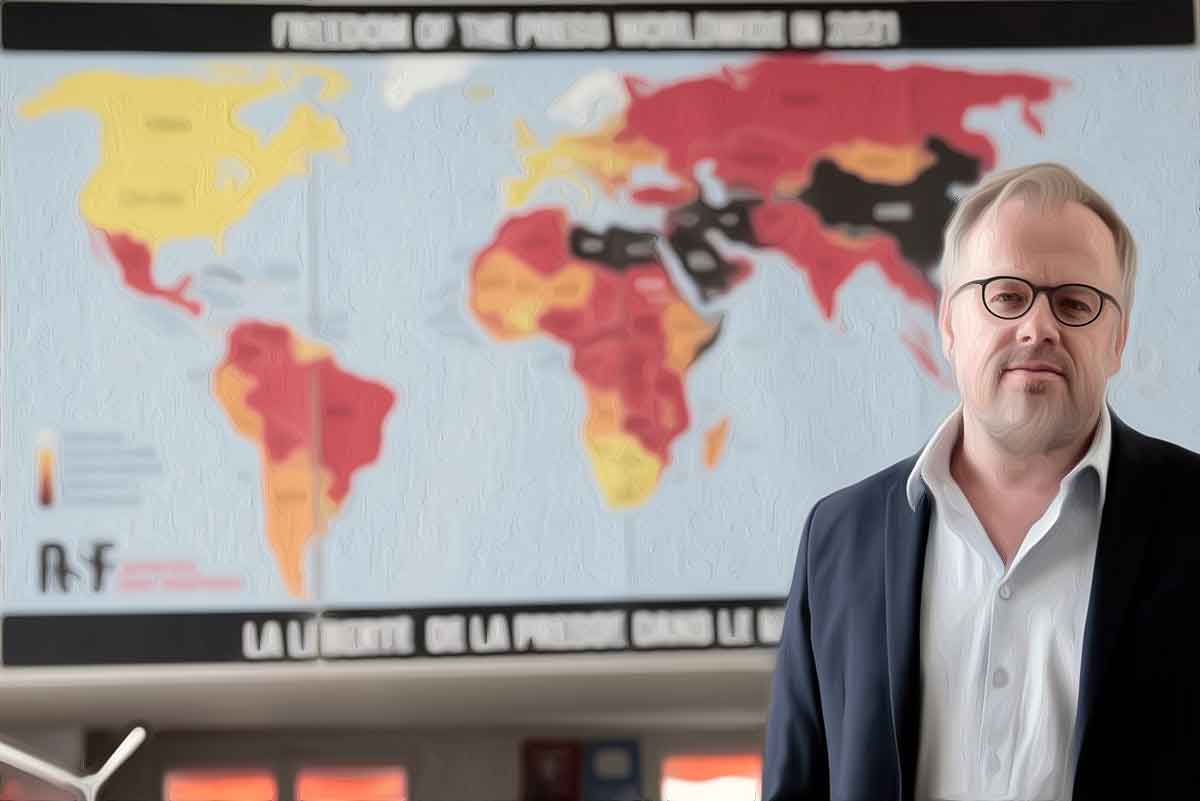 |
While the recent index has ranked Hong Kong in the 76’th position, the internal picture of the city tells a rather grim story. Recently, a pro-democracy cartoonist Ah To announced that he’s leaving Hong Kong, saying he would face “great mental stress” if he were to continue producing political cartoons there. In January 2022, Independent Hong Kong media outlet Citizen News decided to halt its operations stating its concerns over the safety of the staff after a crackdown by authorities on fellow independent newsroom Stand News.
|
An example of China’s censorship in Hong Kong media is when the government-funded broadcaster RTHK took down a report from its website about Chinese tennis star Peng Shuai, who accused former Chinese Vice Premier Zhang Gaoli of sexual assault. A straightforward clampdown on free speech, followed by Beijing’s introduction of national security law that was enacted to quell anti-government protests in 2020 has rested the case for Hong Kong when it came to Press Freedom.
Moldova – Rank 40
Moldova was one of the first countries to ban Russian channels even before the Russia-Ukraine war escalated. In a move to control the alleged disinformation campaign peddled by Russia through its media, Russian TV channels remained banned in the country since 2018. The pro-European Union government in Moldova has brought a law to ban Russian channels in the country to control supposed curb Russian propaganda efforts. As anti-Russian hysteria runs in the Moldovan Parliament with its pro-West policies, the action against Russia accounts heavily for its citizens who are largely Russia sympathetic. In 2018, 62 percent of Moldovans named Russian President Vladimir Putin as their favourite foreign politician.
|
Moldova, which stands engulfed by Ukraine geographically on three sides bans Russian content right, left, and center. So much so, that a disinformation expert in the country has said that American presenter for Fox News, Tucker Carlson would be prohibited in Moldova. Valeriu Pasa, an expert on disinformation at a local anti-corruption campaign organization, said, “I’ll say simply: Tucker Carlson, in Moldova, would be prohibited.” He alleged that the prime-time Fox News anchor in an interview has previously ‘parroted’ Russian propaganda about Russia’s justification for aggression against Ukraine. With open anti-Russian credentials marked by purging of all things Russian in media, Moldova has been gifted with a 40th position on the Press Freedom Index by RSF.
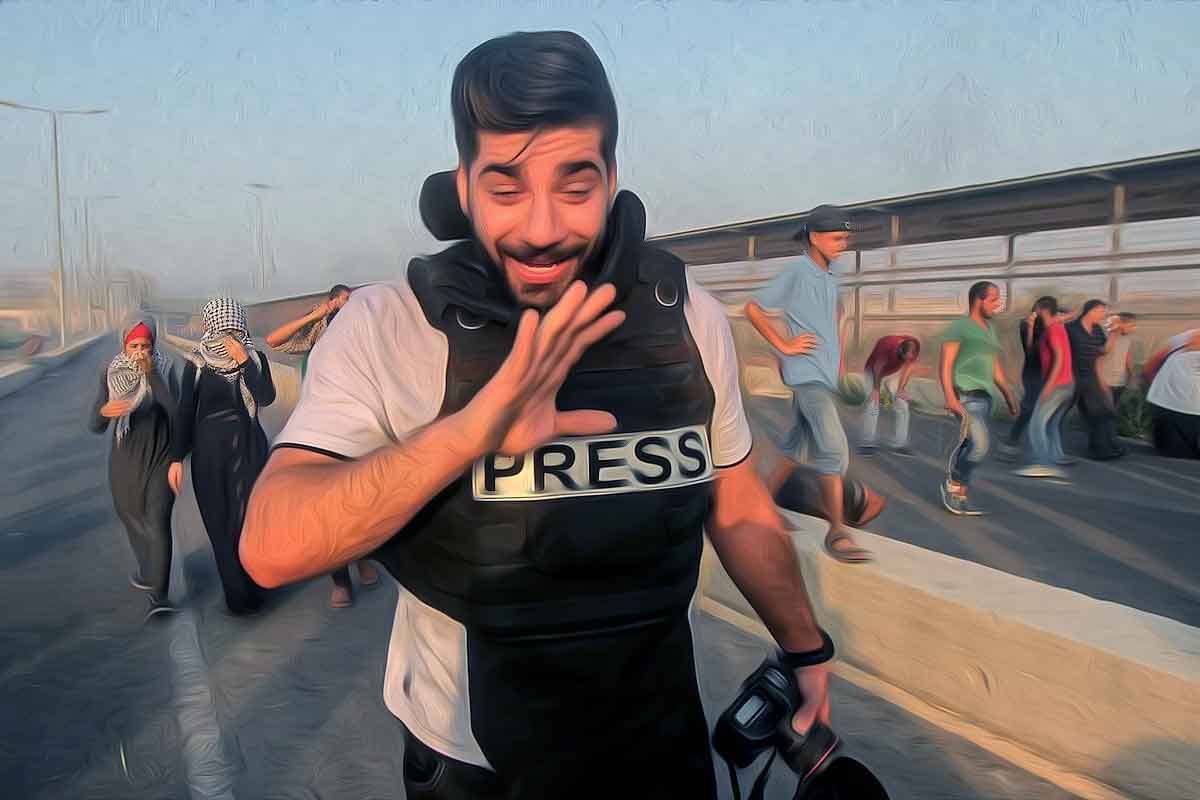 |
United Arab Emirates – Rank 138
The International Campaign for Freedom in the United Arab Emirates (ICFUAE) has reported that UAE’s condition in Press Freedom is caused by an ‘increasingly repressive climate’ in the country where ‘government censorship and surveillance practices’ have been increasingly normalized throughout society. The country has seen the blocking of news publications such as The Huffington post, the New Arab, Middle East Eye, and Arabian Business by the authorities.
In 2012, the UAE government passed the ‘cybercrime law’ which grants authorities rights to more proactively control and sanction online activity on social media sites. Critics say that the cybercrime law heavily challenges freedom of expression and assembly in the UAE. The Islamic Emirates have been conscientiously using the law to detain and convict government critics and dissent among activists.
In 2016, journalist Tayseer al-Najjar and prominent UAE academic, Dr. Nasser bin Ghaith were sentenced to three and ten years respective jail terms for comments made on social media that apparently ‘damaged the reputation of the UAE state’. Similarly, Human rights activist Ahmed Mansoor was held in an unknown location since his arrest after UAE authorities accused him of publishing “false information” and “spreading hatred and sectarianism” on social media. UAE authorities are infamous for purging press freedom and avenging dissenting reportage which often results in a threat to the life of journalists working under the Islamic monarchies.
Ukraine – Rank 106
Ukrainian President Volodymyr Zelenskyy, who has emerged as a new liberal icon post-Russia's invasion of his country, is too guilty of being comparatively authoritarian than his neighbours in the region when it comes to muzzling the media and silencing the opposing voices. In early 2021, Zelenskyy decided to close down a series of Ukrainian TV channels with apparent links with the Kremlin-linked as a national security measure. The concern over Zelenskyy’s commitment to media freedom was increasingly growing last year, in the pre-war scenario.
In 2021, Ukraine saw protests regarding attacks on journalists by the authorities. The country, however, has a history of clamping down on press freedom since its independence from Soviet Russia. In Zelensky’s tenure, criminal proceedings were opened in 2021 against journalist Yuriy Butusov, days after he had a spat with Zelenskyy during his annual press marathon. In the same press marathon, Zelenskyy also attacked another journalist, Mykhail Tkach, who had recently published an investigation into the birthday celebrations of Zelenskyy’s chief of staff, Andriy Yermak.
|
Beyond attacks on individual journalists, Zelenskyy is accused of pressuring opposition media as well. In 2021, Kyiv Post – the only printed English-language newspaper in Ukraine suspended its operations due to alleged pressure from Zelenskyy’s office. According to Mykhail Tkach, authorities put pressure on the owner of the publication’ to change the information policy of the media’. Media outlets including TV channel Pryamyy have also complained of ‘undue pressure’ from the Office of the President.
Journalists including Yanina Sokolova – who was interrogated for publishing internal documents in a scam, Meanwhile, Talk show host Natalia Vlashchenko – who was labelled “pro-Russian” following her criticism of Zelenskyy have been continuously targeted by the Zelenskyy regime over the last few years. Yet according to RSF, press freedom in Ukraine is way better than the same in India, with the 106th ranking in the table.
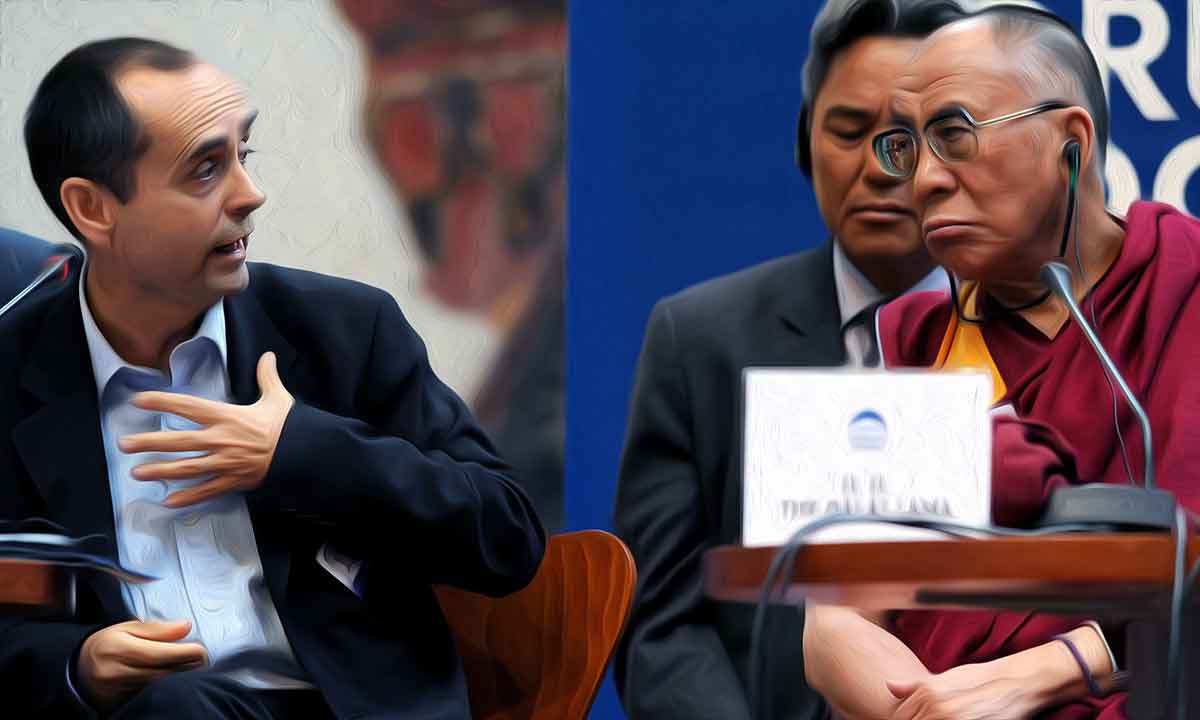 |
Turkey – Rank 149
Under the authoritarian regime of President Recep Tayyip Erdoğan, Turkey remains one of the world’s worst jailers of journalists. The Turkish government under its increased control over social media continues to exercise censorship on social media and the Internet, with the rise of independent journalists in the country. According to Freedom House’s yearly report on global Internet freedom, Internet freedom continued to decline for the third year in a row in Turkey. Hundreds of websites were blocked, and dissenting content critical of President Erdoğan or his ruling AKP was removed from websites and social media platforms last year. Detention of online activists, journalists, and social media users with cases of harassment over social media content is common in the Erdogan regime.
“Questioning the authorities and the privileged is now almost impossible,” last year’s RSF report on Turkey stated. While the situation of rights in Turkey continues to deteriorate under Erdogan’s Islamist dreams, RSF has prompted the country four ranks higher – from 153rd last year to 149th in 2022. RSF has placed autocratic Turkey at par with India at the 150th rank this year.
Mexico – Rank 127
With around 1,945 attacks on Journalists, including 33 murders conducted between 2019 and 2021, Mexico remains one of the most dangerous countries in the world for press freedom anywhere in the world. According to the press freedom group Article 19, there were 664 documented attacks (one in every fourteen hours) on Journalists and reporters in the country in 2021 which include online threats, harassment, arbitrary criminal charges, and seven murders. According to the reports, Government officials were linked to 274 of the reported incidents, while organized crime accounted for 42 of the above cases.
Since President Andrés Manuel López Obrador took office, Attacks against the press in Mexico have increased by 85%, the Guardian reported. Apparently, Reporters who cover corruption and politics continue to face the highest risks, as Mexico remains one of the highest corruption-infested countries. Breaking news reporters who cover shootings, accidents, and migration were also targeted in large numbers. A country where violence against Journalists has become a norm over the last twenty years, and more so under the Obrador regime, enjoys 127th rank in the list, with over eight journalists killed so far only since the start of 2022.
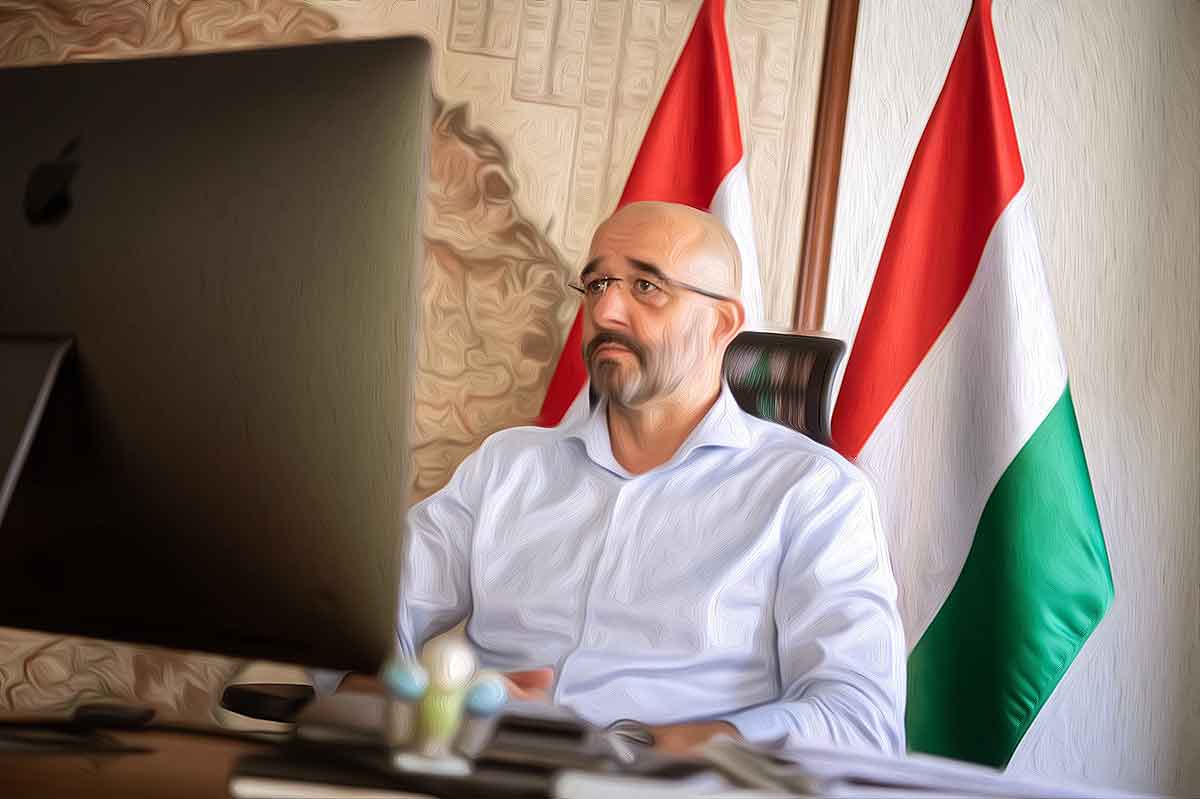 |
Somalia – Rank 140
The West African country of Somalia stood at Rank 140, even though Media freedom and safety came under systematic attack in 2021. The year saw the killing of two journalists and 34 arrests of media persons. In its annual report, the National Union of Somali Journalists (NUSOJ) has revealed that President Mohamed Abdullahi Mohamed’s regime continues to attack and silence independent media including politically motivated killings and attracting arbitrary imprisonments.
The killings include that of Independent journalist Jamal Farah Adan being shot dead by two gunmen in Galkayo city in March. Another journalist Abdiaziz Mohamud Guled was killed in a targeted attack by a suicide bomber in the capital of Mogadishu, by Islamist terror group Al-Shabaab. Apart from killings led by armed groups, the federal government authorities are mostly responsible for the arrest of journalists. The report also records a rise in attacks against women journalists, highlighting the prevalence of gender-based violence. With a miserable situation when it comes to freedom of journalists in the country, Somalia has still placed ten ranks higher than India in RSF’s Press Freedom report.
RSF’s ‘Fact-File’ about India
With RSF’s generous rankings of these oppressive regimes, its definition of what freedom means to the organization should clear the air around its credibility. However, its rose-tinted understanding of India, often lensed by actors in the media ecosystem funded by political dynasties, has been unequivocally published on its website. India ‘Fact-File‘ published by RSF starts with putting an incorrect map of India with Pakistani-occupied Kashmir and Chinese-occupied Aksai Chin cropped off. The write-up contained a heavily biased, left-tilted narrative of India with formalized use of words like ‘Godi Media’ and ‘Bhakts’. RSF claims that the safety of Journalists in India is under threat from “supporters of Hindutva who wage all-out online attacks on any views that conflict with their thinking.”
RSF and its India correspondents are open about the narrative to paint media oppression in India or rather operation of any kind, the onus of which is put on Narendra Modi or the ruling BJP. To expect the mention of attacks by Shiv Sena, NCP mobs on journalists, politically motivated jailing of Republic’s Arnab Goswami, threats to the media by AAP for covering allegations of Khalistani connections, purging of Human Rights in Bengal, or jailing of Journalists in Congress-ruled Chattisgarh would be too much upon us, since its agenda is blatantly clear.
References:
 Support Us
Support Us
Satyagraha was born from the heart of our land, with an undying aim to unveil the true essence of Bharat. It seeks to illuminate the hidden tales of our valiant freedom fighters and the rich chronicles that haven't yet sung their complete melody in the mainstream.
While platforms like NDTV and 'The Wire' effortlessly garner funds under the banner of safeguarding democracy, we at Satyagraha walk a different path. Our strength and resonance come from you. In this journey to weave a stronger Bharat, every little contribution amplifies our voice. Let's come together, contribute as you can, and champion the true spirit of our nation.
 |  |  |
| ICICI Bank of Satyaagrah | Razorpay Bank of Satyaagrah | PayPal Bank of Satyaagrah - For International Payments |
If all above doesn't work, then try the LINK below:
Please share the article on other platforms
DISCLAIMER: The author is solely responsible for the views expressed in this article. The author carries the responsibility for citing and/or licensing of images utilized within the text. The website also frequently uses non-commercial images for representational purposes only in line with the article. We are not responsible for the authenticity of such images. If some images have a copyright issue, we request the person/entity to contact us at This email address is being protected from spambots. You need JavaScript enabled to view it. and we will take the necessary actions to resolve the issue.
Related Articles
- Car manufacturers Celebrating Pro-terrorism stand on Kashmir has invited massive criticism from National auto dealers’ body: Urges the Ministry of Heavy Industries & SIAM India to seek clarifications
- Untraceable Rahul Gandhi found partying at wedding of former CNN journalist Sumnima Udas in Nepal: Udas is a rabid anti-India propagandist, supported anti-CAA rioters, and attacks Indian sovereignty
- "Hum Bolega to Bologe ki Bolta hai": Twitter account of pro-Khalistan author Amaan Bali withheld in India, he supported violent Farmer Protest, accused ‘Sanghi Ecosystem’ earlier and blamed Hindus and Nupur Sharma for attack on Sikhs in Afghanistan
- Qatar-based Sheikh Eid Bin Mohammad Al Thani Charitable Association has been funding millions of dollars to organizations associated with the Wahhabi school of thought since 2008-2009: Earlier accused by the US also for assisting Al Qaeda
- “Kashmiri freedom fighters, leave valley – reach Delhi to sabotage Republic Day, it's now or never for Khalistan" - Gurpatwant Singh Pannu of the Khalistani terrorist organization SFJ has called out the anti-India separatists and terrorists
- Saba Naqvi infers that re-settling Kashmiri Pandits in the valley decades after the genocide was perpetrated against them by Islamic terrorists is a part of the ‘Hinduisation’ project: Mirrors Jihadis and Islam extremists
- Twitter says it removed verified badge from Vice President Venkaiah Naidu’s account due to ‘inactivity’: Here is why their argument is flawed
- Dangerous plots of Khalistan uprising and Hindu genocide, hurling abuses to Hindu Gods, arrest of Hindus for ‘blasphemy’ when retaliating - The menacing truth of underbelly of Clubhouse
- "Modi hell-bent on re-creating the lost Hindu kingdom or Hindu Rashtra”: Propaganda of demonizing India over the fake narrative of ‘Muslim persecution’ set in motion again by International Toolkit
- Vishal Jood – a Bharatiya student targeted by Khalistanis and jailed by Australia
- While we cheer India's stirring journey from the Ram Mandir's revival to Modi's transformative leadership, Financial Times attacks Ram Mandir, showcasing Western media bias, skewed narratives and reliance on 'Analysts/Sources say' strip away credibility
- Anti-Brahmin rants, mobilizing the Muslim community, Cow protection, bringing ‘Hindustan to knees’, incitement to violence, and many more: Detail analysis of order framing sedition, other charges against Sharjeel Imam
- Gujaratis are agitated and are taking PM Modi’s security breach in Congress-ruled Punjab personally: In their hearts, Modi is still ‘their man’
- The former RAW officer claims that Ex Muslim Vice President Hamid Ansari while serving as an Indian Ambassador to Iran exposed the RAW set-up in Tehran endangering the lives of RAW unit members
- Top woke Vir Das chose Kennedy Centre for his Monologue 'Two Indias' to insult Bharatvarsh: Major backlash; netizens shocked






